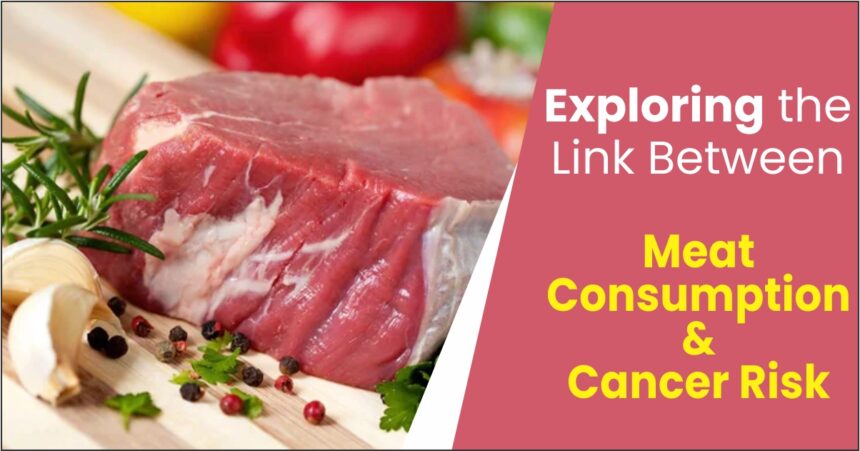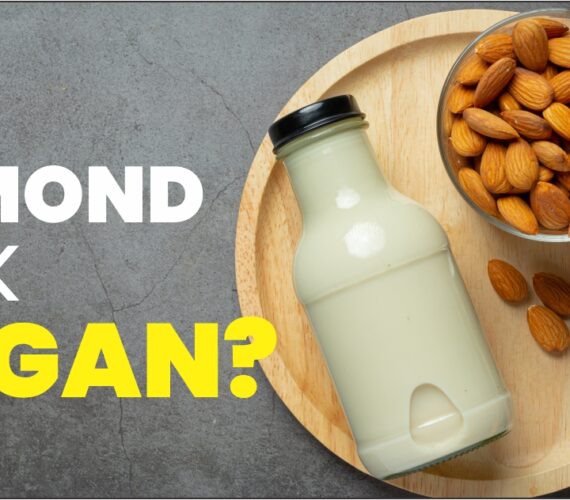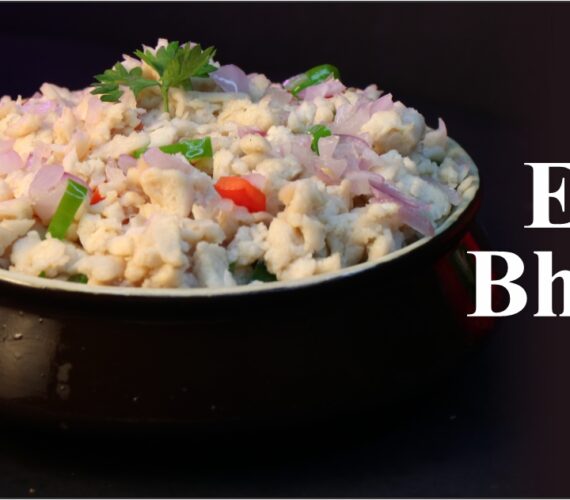Introduction
In recent years, concerns about diet and its impact on health have grown significantly. Among the numerous debates in the realm of nutrition, the connection between meat consumption and cancer risk has emerged as a topic of considerable interest. While meat has been a staple in diets for centuries, an increasing number of studies suggest that a higher intake of certain types of meat might be associated with an elevated risk of cancer. This article delves into the evidence, examining whether meat eaters truly face a higher risk of cancer.
Understanding the Types of Meat
Before we dive into the potential link between meat consumption and cancer, it’s important to differentiate between different types of meat. Meats can be categorized into two primary groups:
Processed Meats: These include items like sausages, hot dogs, bacon, and deli meats. They often undergo processes such as smoking, curing, or salting to enhance flavor and prolong shelf life.
Red Meats: Red meats encompass beef, pork, lamb, and veal – typically from mammalian animals. These meats are often unprocessed and are considered significant sources of essential nutrients like protein, iron, and vitamin B12.
Read Also :- Vegetarian Lifestyle
The Link to Cancer
Several studies have explored the potential association between meat consumption and cancer risk. While research is ongoing, some patterns have emerged:
Processed Meats and Cancer: The International Agency for Research on Cancer (IARC), a part of the World Health Organization (WHO), has classified processed meats as Group 1 carcinogens. This means there is sufficient evidence to suggest that their consumption can increase the risk of colorectal cancer. The preservation methods used in processing, like smoking and curing, can result in the formation of cancer-causing compounds.
Red Meats and Cancer: The link between red meat consumption and cancer is less clear-cut. While there is limited evidence suggesting a potential association with colorectal, pancreatic, and prostate cancers, the overall risk increase is relatively modest. Cooking methods (e.g., grilling at high temperatures) might contribute to the formation of harmful compounds.
Possible Mechanisms
Understanding Meat Consumption and Cancer Risk:
Types of Meat: Not all meats are created equal. Processed meats, such as sausages, bacon, and deli meats, have been more strongly associated with an increased risk of certain cancers compared to unprocessed meats like lean cuts of beef, poultry, and fish.
Carcinogens in Meat: One of the key concerns regarding meat consumption is the presence of potential carcinogens, such as heterocyclic amines (HCAs) and polycyclic aromatic hydrocarbons (PAHs), which can form when meat is cooked at high temperatures. These compounds have been linked to cancer development in animal studies, but the evidence in humans is not yet fully conclusive.
Exploring the Research:
Red Meat and Colorectal Cancer: Studies have shown a modest association between high consumption of red meat and an increased risk of colorectal cancer. However, the risk increase appears to be relatively small, and other factors such as lifestyle, genetics, and overall diet also play a significant role.
Processed Meats and Cancer: Processed meats have been more consistently linked to an elevated risk of certain cancers, particularly colorectal cancer and stomach cancer. The World Health Organization’s International Agency for Research on Cancer (IARC) has classified processed meats as Group 1 carcinogens, indicating they are known to cause cancer in humans.
Limitations of Observational Studies: Many of the studies exploring the link between meat consumption and cancer are observational in nature. These studies can show associations but cannot establish direct cause-and-effect relationships. Factors like confounding variables and biases can influence the results.
Balancing Diet and Lifestyle:
Moderation is Key: Rather than completely avoiding meat, adopting a balanced approach by consuming lean cuts of unprocessed meat and reducing the intake of processed meats can help mitigate potential risks.
Diversified Diet: Emphasizing a diet rich in fruits, vegetables, whole grains, and lean protein sources can contribute to overall health and potentially reduce cancer risk.
Cooking Methods: Opt for healthier cooking methods such as grilling, baking, or broiling, which can help minimize the formation of harmful compounds during the cooking process.
The Types of Meat: Processed vs. Red
When discussing the potential link between meat consumption and cancer risk, it’s important to differentiate between two main categories of meat: processed and red. Processed meats include products such as bacon, sausages, hot dogs, and deli meats, which have undergone various preservation methods such as curing, smoking, or salting. Red meats encompass beef, pork, lamb, and mutton.
Processed Meats and Cancer
Numerous studies have pointed to a potential association between processed meat consumption and an increased risk of certain cancers. The World Health Organization’s International Agency for Research on Cancer (IARC) has classified processed meats as Group 1 carcinogens, indicating that there is sufficient evidence to suggest that they can cause cancer. The primary concern lies in the compounds formed during the processing and cooking of these meats, such as N-nitroso compounds and heterocyclic amines, which may damage DNA and increase cancer risk, particularly colorectal cancer.
Red Meats and Cancer
The relationship between red meat consumption and cancer risk is more nuanced. While some studies have suggested a potential link, the evidence is not as consistent as with processed meats. The IARC has classified red meat as Group 2A, meaning it is “probably carcinogenic to humans.” The potential mechanisms behind this link involve the heme iron content in red meat, which may promote the formation of harmful compounds in the digestive tract. Additionally, the cooking method and level of doneness can influence the formation of carcinogens.
Balancing Perspectives
It’s important to note that not all research unequivocally supports the notion that meat consumption directly leads to cancer. Many factors come into play, including an individual’s overall diet, lifestyle, genetic predisposition, and other environmental factors. Moreover, the risk associated with meat consumption might be influenced by the frequency and portion sizes at which meat is consumed.
Preventive Measures
If you’re concerned about potential cancer risk, there are steps you can take to minimize any associated dangers. Consider adopting a balanced diet that includes a variety of nutrient-rich foods such as fruits, vegetables, whole grains, lean proteins, and plant-based sources. If you choose to consume meat, opt for lean cuts and limit your intake of processed meats. When cooking meat, use methods that minimize the formation of carcinogens, such as grilling at lower temperatures or marinating before cooking.
Conclusion
While the link between meat consumption and cancer risk is a topic of ongoing research and debate, there is evidence to suggest that a higher consumption of processed meats may increase the likelihood of certain cancers. However, the relationship with red meat is more complex and not as firmly established. Ultimately, maintaining a well-rounded and balanced diet, coupled with a healthy lifestyle, is key to reducing the risk of cancer and other chronic diseases. Always consult with a healthcare professional before making significant changes to your diet.








